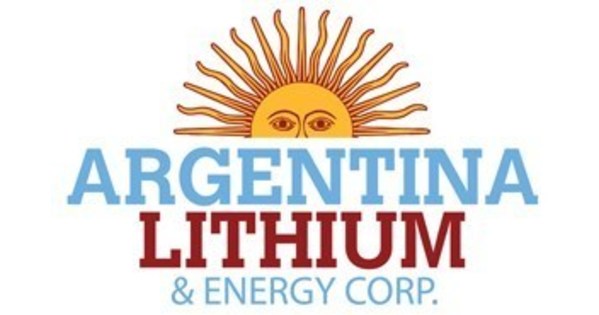Argentina Lithium & Energy Corp. reports positive lithium brine values from the second diamond drill hole at its Rincon West Project in Salta Province, Argentina. The Rincon West project covers 2,951.5 hectares of the salar basin, located west of the adjacent Rincon Project owned by Rio Tinto. The property is currently permitted for up to 9 exploration drill holes. The fourth exploration hole is currently in final steps to completion. The brine analytical results from the second hole have been received and are reported below.
“The results of the second exploration hole demonstrate remarkably consistent lithium grades, when compared to the first. RW-DDH-002 results reveal an impressive concentrated brine aquifer, tested with packer sampling over ~77% of the interval between 182 and 305 metre depths, with lithium values ranging from 337 to 367 mg/litre. Additional concentrated brines with lower lithium contents were also recovered from above this 118 metre interval. Drilling thus far validates that the adjacent lithium salar extends under our properties, with consistently high lithium grades. The drill program will continue as planned with the aim of delineating an initial lithium mineral resource.”, stated Miles Rideout, V.P. of Exploration.
Hole RW-DDH-002 was executed with diamond drilling (HQ-size), permitting the extraction of core samples of the salar basin formations and recovery of brine samples, where possible. Drilling was conducted between July 7 and July 22, stopping at 323 metres depth in igneous basement rock units. Final sampling and lining the hole with 2″ diameter PVC filters and casing were completed by July 25, 2022. Drilling was carried out by Salta-based AGV Falcon Drilling SRL, under the supervision of Argentina Lithium’s geologists.

